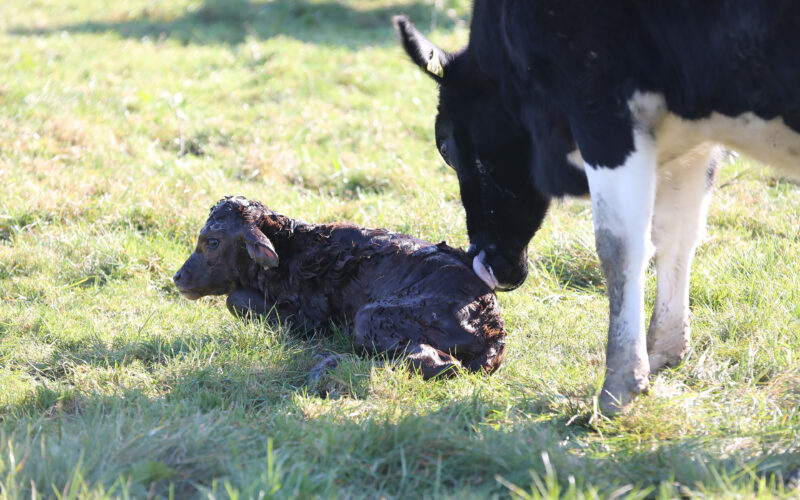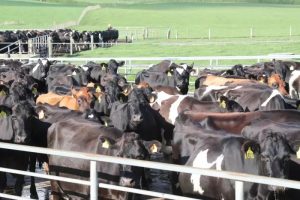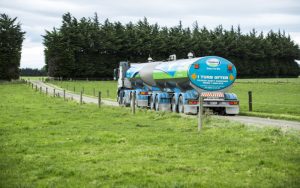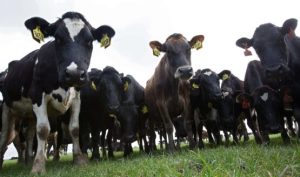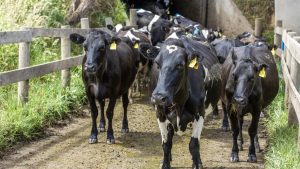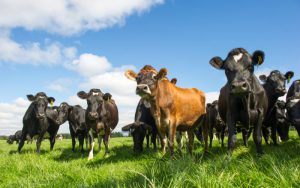
Proactive management is key for New Zealand dairy farms to protect cows, calves, and teams this winter.
As the winter calving season approaches, New Zealand dairy farmers are urged to adopt proactive management and meticulous planning to ensure safer outcomes across their herds and farm teams. This strategic foresight is critical to minimizing the challenges inherent in this busy period, ultimately improving welfare for cows and calves. While New Zealand’s pasture-based systems generally uphold high animal welfare standards, the article emphasizes that adverse weather conditions can introduce significant management difficulties, drawing public scrutiny, particularly concerning calves born in wet and muddy environments.
Addressing these critical concerns, the Ministry for Primary Industries (MPI) maintains an active watch on animal welfare throughout the winter calving period, with particular attention to farms in the South Island. To mitigate risks and enhance animal well-being, the importance of careful paddock selection is paramount. Farmers are advised to ensure calving areas are consistently clean, adequately sheltered, and provide optimal conditions for both cows and newborn calves, directly impacting early calf health and survival rates.
A smooth transition period for cows from late pregnancy through to lactation is crucial for optimal health and milk production. The article stresses the need for farmers to diligently plan this phase, ensuring cows are well-prepared for the demands of calving and subsequent milking. This involves careful nutritional management and monitoring to prevent metabolic issues, contributing to the overall productivity and longevity of the dairy herd, a key aspect of sustainable dairy farming.
Furthermore, effective calving management extends to the identification and care of at-risk calves. The article advises farmers to develop clear protocols for recognizing vulnerable newborns and providing them with immediate, appropriate intervention. Maintaining accurate records is also highlighted as essential for tracking individual animal health and overall herd performance. Equally important is ensuring that the entire farm team is thoroughly trained and understands the comprehensive calving plan, fostering a cohesive and efficient operation.
The dairy industry continues to evolve, offering new solutions to support farmers. The article mentions the availability of innovative products designed to help reduce injuries during the demanding calving season, reflecting ongoing advancements in agribusiness technology. By combining proactive planning, stringent welfare practices, and leveraging new tools, New Zealand dairy farmers can navigate the winter calving period more safely and efficiently, safeguarding both animal welfare and their operational success within the international dairy community.
Source: Farmers Weekly: Plan ahead for safer calving
You can now read the most important #news on #eDairyNews #Whatsapp channels!!!
🇺🇸 eDairy News INGLÊS: https://whatsapp.com/channel/0029VaKsjzGDTkJyIN6hcP1K
